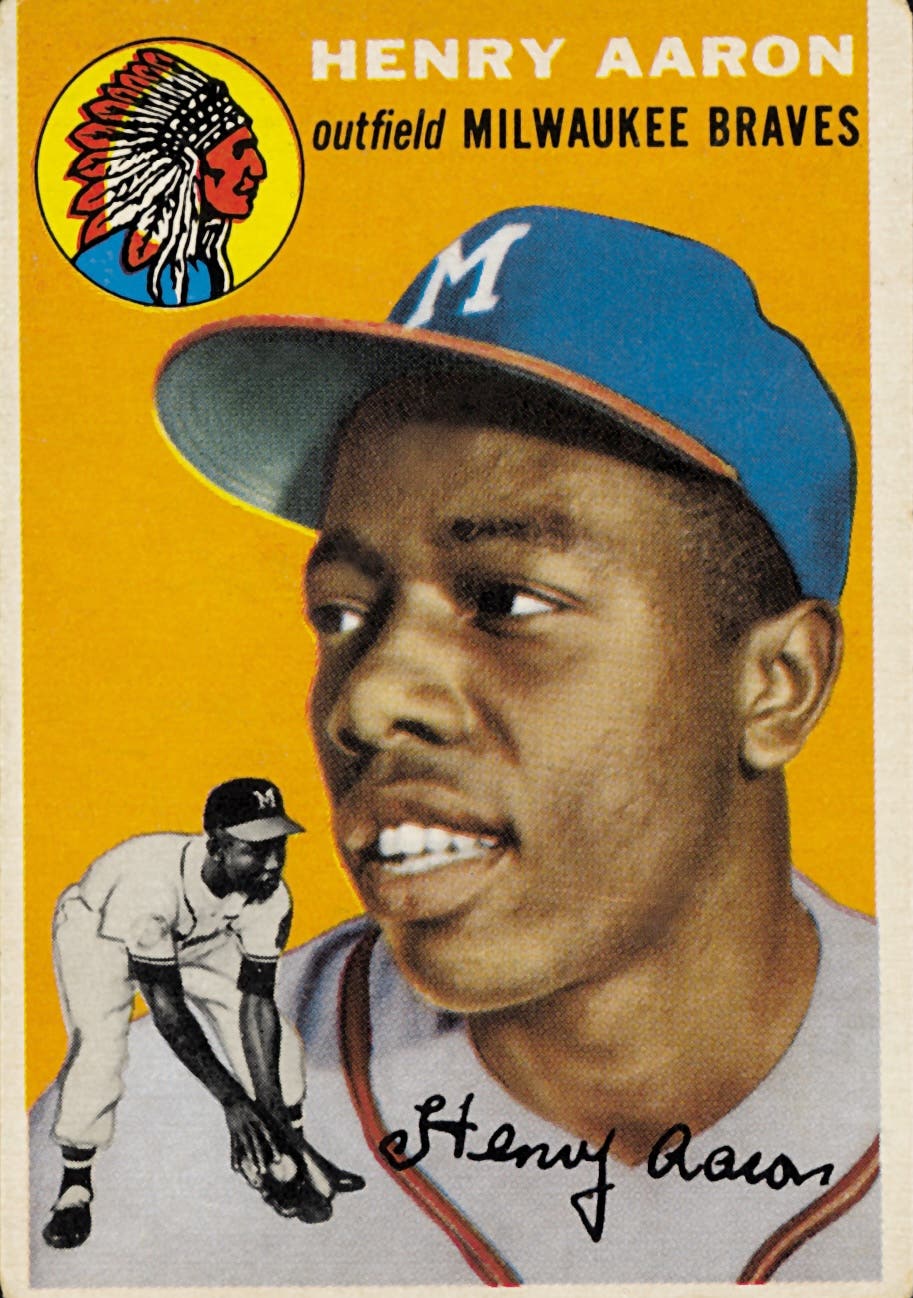Lou Gehrig
A Sporting View From Abroad: A Trip to Israel
By Ross Forman
TEL AVIV – For about 25 Israeli shekels, you can buy a box of Corn Flakes Complete, one of many varieties from the cereal maker. That’s a little more than $7, and it is, basically, Kellogg’s Corn Flakes.
On the front of the box is Omri Casspi, who in 2009 became the first Israeli player selected as a first-round NBA draft pick when Sacramento grabbed the 6-foot-9 forward, who was born in Yavne, Israel. Casspi, 25, played two seasons for the Kings, then the next two for Cleveland. He is now shooting for the Houston Rockets, averaging nearly eight points and four rebounds per game for his career.
On Nov. 1, 2013, Casspi was one of two Israelis on opposing NBA teams playing against each other – a first in league history. Casspi and the Rockets defeated the Dallas Mavericks 113-105 that Friday night at the Toyota Center in Houston. The Mavericks featured Gal Mekel, born in Petal Tikva and an NBA rookie during the 2013-14 season. The two were teammates on the Israeli Under 16, Under 18 and Under 20 teams, as well as on the Maccabi Tel Aviv junior team.
Casspi had 12 points in the game, while Mekel finished with 11.
The back of that Corn Flakes Complete box has another photo of Casspi and text, too – in Hebrew, naturally.
Collectors worldwide have long gobbled down collectible Wheaties boxes, featuring sports stars from almost every field of play. Lou Gehrig, in 1934, was the first athlete depicted on a Wheaties box, and at the time, athletes were depicted on the sides or back of the box. In 1935, Babe Didrikson Zaharias became the first female athlete depicted (aviator Elinor Smith was the first female), and then in 1936, Jesse Owens was the first black athlete to be depicted.
It wasn’t until 1958 when Wheaties began placing the pictures on the front of the box – track star Bob Richards grabbed the leading role. In 1984, gymnast Mary Lou Retton was the first female depicted on the front of the box. Retton would appear on the front again in 1999 and 2012.
Michael Jordan has the most depictions on a box of Wheaties (18), and the World Series-winning 1987 Minnesota Twins were the first team depicted on a box.
So where will Casspi’s Corn Flakes Complete stand in collecting lore?
Oh, probably alongside an unopened box of Pro Set football cards.
Still, Casspi’s cover certainly is cool and ever-present here in Israel’s second-most populous city (only behind Jerusalem) and beyond. You can buy the cereal box here at local grocery stores, convenience stores, gas stations and also at Carmel Market, a popular destination for locals and tourists, alike.
The outdoor Carmel Market is open daily, except Saturday, and sells a wide variety of food, especially fresh fruits and vegetables, along with such items as home accessories, crafts, art, jewelry, flowers . . . and even a few sports-related items. Sorry, no sports memorabilia, though – at least none that I saw.
But, there were replica soccer jerseys for a few local pro teams.
Or, football, as it’s known here.
The Israeli Premier League is a 14-team football league, running from August to May, with teams playing 32 matches each, totaling 224 matches in the season. The league dates back to 1999 and it ranked 19th in the UEFA (Union of European Football Associations) coefficients of leagues based on performances in European competitions over the last five years.
Omer Damari of Hapoel Tel Aviv is one of the league’s top scorers, as well as Eran Zahavi of Maccabi Tel Aviv, which, arguably, is the league’s best team. Other top teams are Hapoel Beer Sheva and Hapoel Kirya Shmona, among others.
Fourteen clubs have been crowned champions of the Israeli football system since 1923. Of the 26 clubs to have competed since the inception of the Israeli Premier League in 1999, five have won the title: Beitar Jerusalem (twice), Hapoel Tel Aviv (twice), Maccabi Haifa (seven times), Maccabi Tel Aviv (twice) and Ironi Kiryat Shmona (once). The current champions are Maccabi Tel Aviv, who won the 2012-13 season.
Football is the most popular sport here, though the local professional basketball league has a very high skill level, mostly because foreigners and former NBA stars shoot in the league.
Ligat HaAl, or the Israeli Basketball Super League, is Israel’s top-tiered basketball league.
Israeli football fans watch all football leagues across Europe, not just the Israel-based league. That means, English, Belgian, Dutch, Spanish, Italian, German, French and more are being viewed. Israelis often know what’s going on, who’s winning, who’s scoring and more in all of those leagues.
There are, however, more stars in Israeli basketball than football. Great Israeli football players often leave the country for stiffer competition across Europe, whereas the great basketball players, if they don’t make it into the NBA, stay in Israel.
So what about autographs in Israel?
Sure, athletes sign before and after games, but not nearly to the scale of the autograph craze in America. Not even close.
I spoke with Danny Tamari, a local sports fan who is the general manager of the Brown Urban Hotel in Tel Aviv. He said autographs aren’t very common among locals because the country is so small. “So we bump into our celebrities, including athletes, quite often on the streets,” he said.
But when foreign sports stars arrive in the Holy Land, such as the 2013 appearance by football sensation Lionel Messi, “thousands lined up to get his signature,” Tamari said.
Barcelona FC, one of the most prestigious football teams in the world, played in Israel – against Israeli and Palestinian players. Barcelona FC is the most beloved foreign soccer club in Israel and in the Palestinian territories, team president Sandro Rosell told reporters in early 2013, when the Israel games were announced.
Tamari, 34, who was born in Jaffa (Israel), has a passion for squash, tennis, football and running. He said, “I do get it,” when asked about America’s autograph craze. But, he personally has never asked an athlete for an autograph.
“I have seen almost all of the players, spoken to many, and I never thought for a second to get an autograph. In fact, I have never thought about (getting an autograph) until now, which is weird,” he said, laughing.
Instead, the local craze is snagging a photo with a star on cell phones, he confirmed.
“Getting photos with celebrities actually seems more valuable, important than (getting an) autograph,” he said.
Tamari said there are no card shops in Tel Aviv, and other locals echoed his sentiments, too. And online researched proved useless, as I hoped to buy a pack of cards in Israel.
“You still have baseball cards (in the U.S.)?” Tamari asked.
Tamari is not aware of any local stores that sell game-worn jerseys or game-used relics from the local football or basketball leagues. Nor anywhere that sells autographs.
“Really, you have places (in the U.S.) that sell autographs? Wow, that’s interesting,” Tamari said.
If a store opened in Israel, strictly selling sports memorabilia, it wouldn’t succeed, he said.
The International Jewish Sports Hall of Fame (www.jewishsports.net) opened July 7, 1981, in Netanya, Israel. Its predecessor, the Jewish Sports Hall of Fame, was founded in the U.S. in May 1979. The original Hall of Fame included only American honorees.
The International Hall of Fame honors athletes and sportsmen and sportswomen throughout the world. It has inducted more than 300 athletes and sportspersons representing 25 countries. The Hall elects new honorees annually.
The class of 2013 included Harry Boykoff, who played 109 career games in the NBA, including the 1950-51 season for the Boston Celtics.
The Hall’s inaugural class, in 1979, featured Red Auerbach, Hank Greenberg, Sandy Koufax, Sid Luckman, Barney Ross, Abe Saperstein, Dolph Schayes and Mark Spitz, among others.
The Hall is housed at the Wingate Institute, officially known as the Orde Wingate Institute for Physical Education and Sports, a sports training facility located south of Netanya. The facility serves as the host facility for numerous Israeli national teams, as well as a military training base. In 1989, it was awarded the Israel Prize for sport.
In 2013, there were poster-sized photos of select Israeli sports stars hanging prominently at Tel Aviv Ben Gurion International Airport. The exhibition was an initiative of the Ministry of Culture and Sport and the Israel Airports Authority-Ben Gurion International Airport, which views sports as a springboard toward a healthy, modern society, the display stated.
Ross Forman is a freelance contributor to SCD. He can be reached at Rossco814@aol.com.








